
Challenging the Ministry of Children and Family Development’s culture of risk and surveillance
We are calling on the BC government and Ministry of Children and Family Development (MCFD) to dismantle the framework for policing and surveilling families.
The current culture, policies, training, and tools that guide the family policing system in BC are profoundly harming families. Risk assessment tools perpetuate and reinforce colonial, racist, ableist, misogynistic, and classist biases. This has created a culture of risk and surveillance that upholds ongoing colonization in the lives of Indigenous children, youth, families, communities, and Nations.
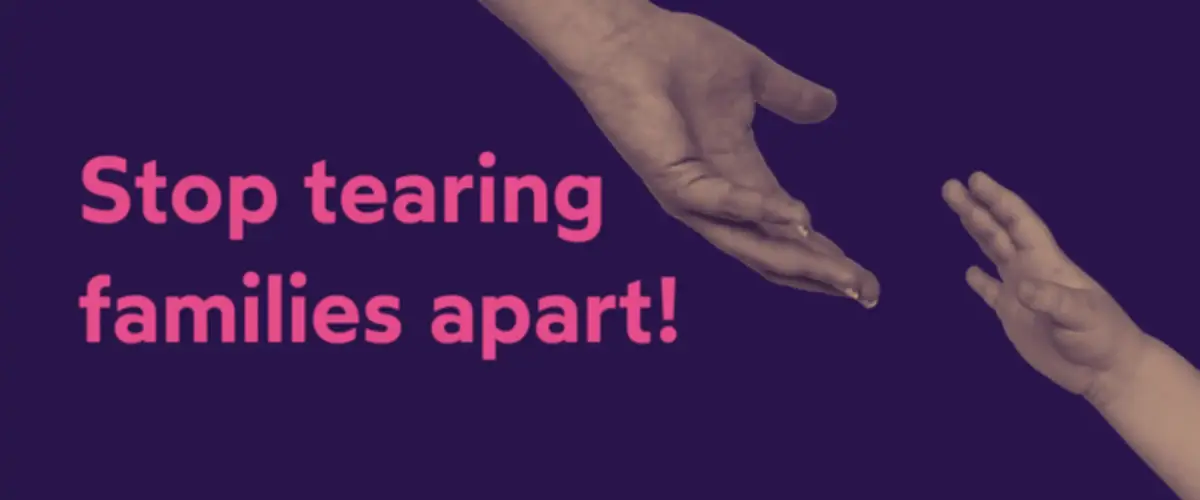
Without rooting out the current culture of risk and surveillance and investing in desperately needed structural supports for families, any proposed reforms will continue the legacy of tearing families apart and profoundly harming them.
In an open letter, West Coast LEAF, Keeping Families Together, PACK BC, YWCA Metro Vancouver, BC Association of Social Workers, and Raincity Housing urged then Premier John Horgan and members of the Select Standing Committee on Children and Youth to root out the culture of risk and surveillance at MCFD.
Alongside Keeping Families Together, PACK BC, YWCA Metro Vancouver, BC Association of Social Workers, Raincity Housing, Sanctuary Health, Pivot Legal Society, Native Women’s Association of Canada, BC Complex Kids, and Single Mothers’ Alliance of BC, we resent the open letter to Premier Eby, Hon. Mitzi Dean, and members of the Select Standing Committee on Children and Youth urging the BC government to show leadership in its approach to child and family well-being.
Read the open letter (PDF, 778kb).
Take action
Now is the time to challenge MCFD’s culture of risk and surveillance. Join us in calling on the BC government to stop tearing families apart!
MCFD’s culture of risk and surveillance has profound impacts on families and communities. Our gratitude to members of Keeping Families Together who shared their experiences of this harmful system.
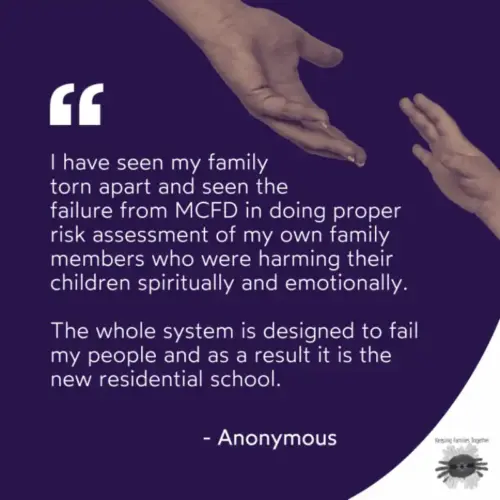
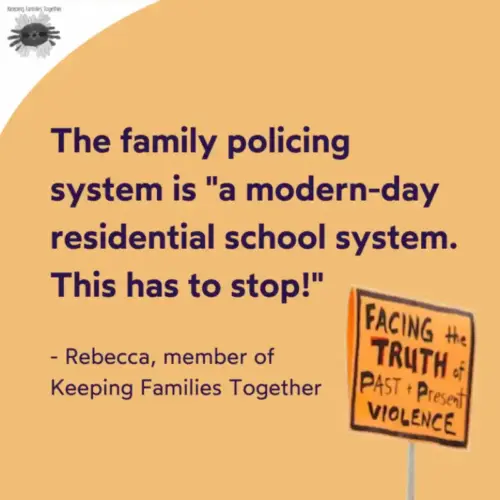
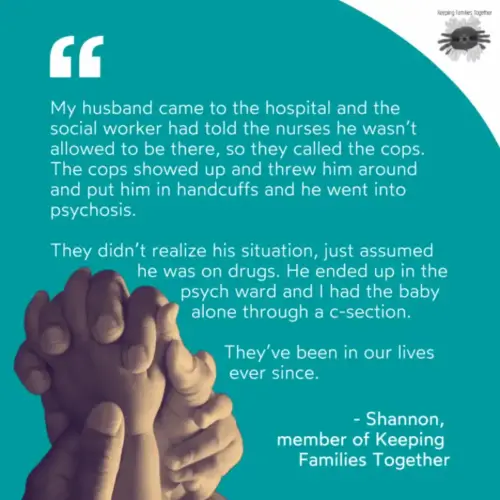
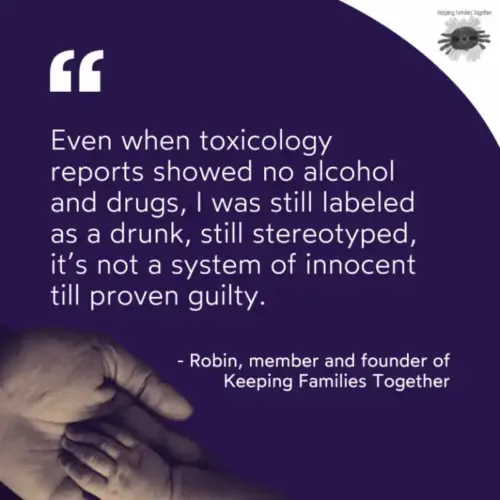
Understanding the culture of risk and surveillance
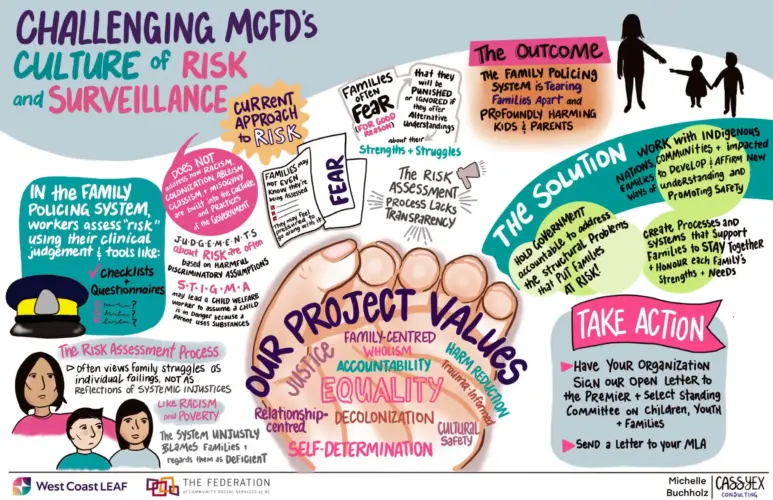
Download the visual primer (PDF, 482kb).
Download a Word doc image description for the primer (.docx, 140kb).
Download a PDF image description for the primer (PDF, 463kb).
Learn more about our child welfare advocacy Communities of Practice project.